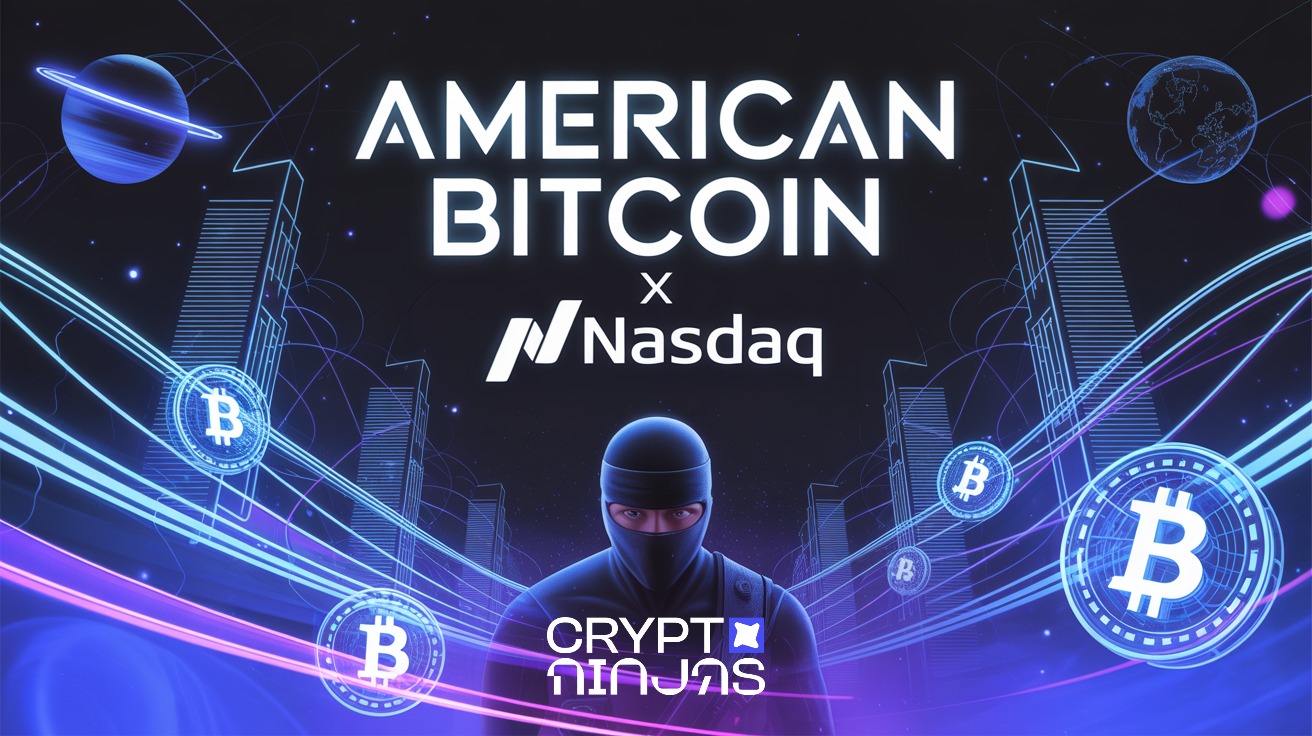Ethereum Foundation Pushes ERC-8004: A New Standard for Decentralized AI Agents
Author: Pan Zhixiong
It's rare to see the Ethereum Foundation (EF) so vigorously promote an ERC standard, particularly one related to AI agents. This standard, known as "Trustless Agents," is being actively promoted by EF's newly established Decentralized AI team (dAI). EF has explicitly designated ERC-8004 as a key component of its strategic roadmap, continuously providing resources and collaborating with the ecosystem through community calls, the Builders Program, and the DevConnect conference.
Why is ERC-8004 so important? It addresses the biggest issues in the current Agent service ecosystem—centralized trust bottlenecks and data silos. It proposes an open, permissionless, and trusted neutral infrastructure that enables Agent services to truly interact seamlessly across organizations and platforms, eliminating the control of centralized platforms over Agent services.
The core of this standard includes an identity registry, a reputation registry, and a verification registry, which respectively address the three core issues of "who am I", "am I trustworthy", and "is what I do independently verified", forming a complete on-chain audit line and completely breaking the platform's closed ecosystem.
ERC-8004 is not an isolated standard. Instead, it is based on the open-source Agent-to-Agent (A2A) communication protocol developed by companies like Google. It complements the decentralized trust layer that the original A2A protocol lacks, resolving the limitation that the A2A protocol is only applicable to internal or trusted environments.
ERC-8004 is closely tied to the development of AI. While AI and agent technologies are rapidly emerging, they are concentrated in a few centralized companies. ERC-8004 provides a decentralized foundation, enabling any developer or team to create trusted and verifiable agent services, preventing further centralization and monopoly of AI technology.
In terms of technical architecture, ERC-8004 adopts a "minimum on-chain" strategy, placing only key pointers and events on the chain, and complex data off-chain (such as IPFS). This allows the verification services, payment systems, and agent markets within the ecosystem to be freely combined and expanded, making the ecosystem more sustainable.
To adapt to different risk scenarios, ERC-8004 supports multiple trust models, including user feedback ratings, economic staking game verification (re-run verification), and TEE (Trusted Execution Environment)/cryptographic verification. Projects can freely choose the level of trust required, making it applicable to diverse scenarios such as healthcare, finance, and daily consumption.
Since its release in August of this year, ERC-8004 has rapidly gained widespread support, with multiple teams releasing on-chain demos and real-world application cases, demonstrating clear signs of early ecological prosperity. Various applications, including agent registrars, explorers, and validators, have emerged.
The next key milestone is the DevConnect conference hosted by EF in November 2025, where the practical application results of ERC-8004 will be showcased. The promotion and implementation of this standard is expected to reshape the internet and AI economy, making agent services a true public resource rather than the private domain of a few companies.
Replay of the first meeting: https://youtube.com/watch?v=kooO3DGzYek
You May Also Like

American Bitcoin’s $5B Nasdaq Debut Puts Trump-Backed Miner in Crypto Spotlight

Traders Call It the Top Crypto for 2025 With 45x Potential, While ADA and XRP Could Deliver But Small
